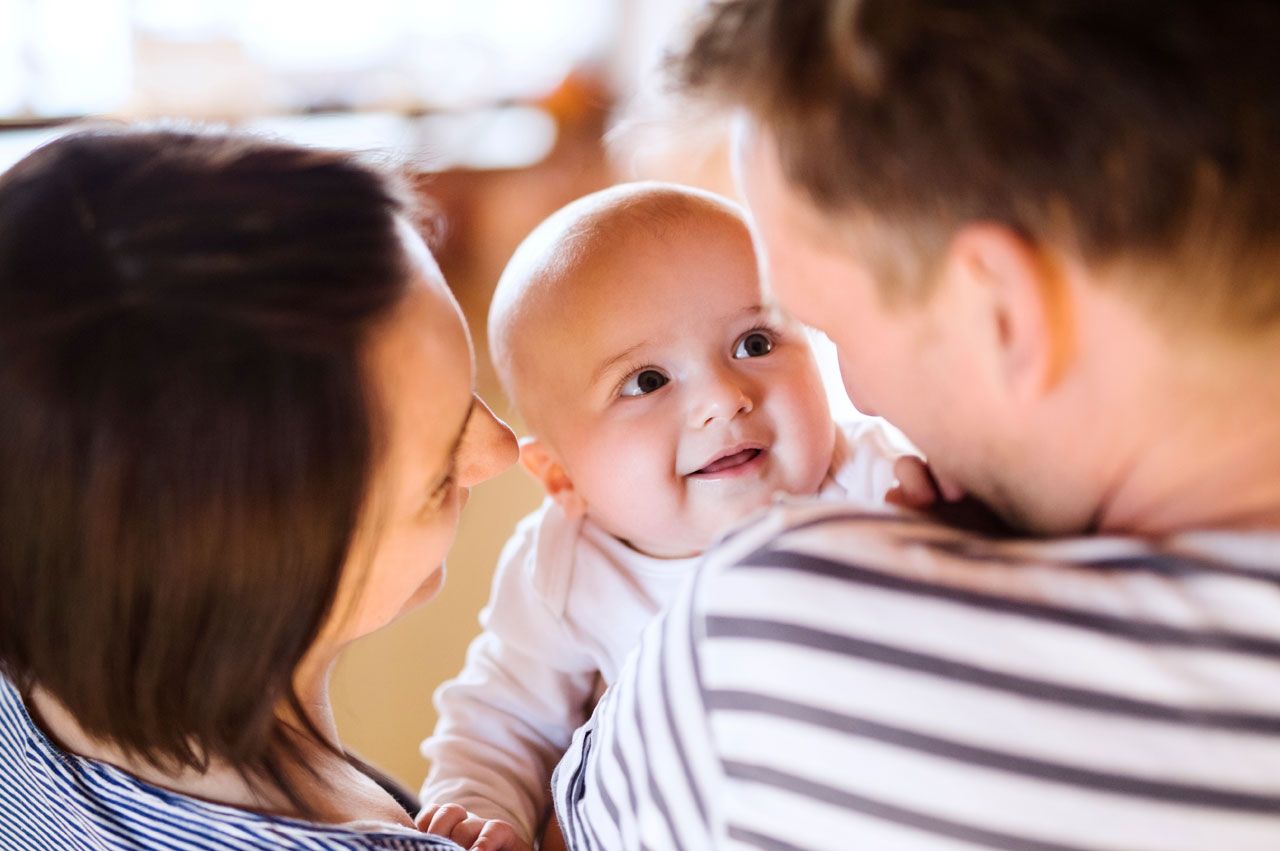
Six types of loves and how they activate the brain
A study undertaken by researchers at Aalto University in Finland examined the way the brain reacts when an individual responds to thinking about feelings of love in different contexts and relationships.
The researchers, recognising the importance of love in forming pair bonds, in attachment and parenting and in wider social contexts, used functional magnetic resonance imaging to identify which areas of the brain were activated when respondents listened to short stories about feelings of love. These stories related to six different types of love: - romantic partner, one’s children, friends, strangers, pets, and nature. They were read in a neutral tone to respondents and included words about feeling love for the object of the narrative but did not involve words about touching because the authors ‘wished to avoid the potential confound related to touch and thus omitted the dimension of touch from the stories’. The subjects of the research were asked to ‘immerse’ themselves in the narratives and focus on their feelings for about 10 minutes. The researchers found that neural activation evoked by feelings of love depended on the identity of the subject or object of love and that love in closer affiliation bonds evoked a significantly stronger and more widespread activation in the brain’s reward system than love for strangers (neighbours), pets, or nature.
‘We now provide a more comprehensive picture of the brain activity associated with different types of love than previous research’, says Pärttyli Rinne, the philosopher and researcher who coordinated the study. Love for one’s children generated the most intense brain activity, closely followed by romantic love’. She notes that such intense brain activity ‘was not seen for any other kind of love’.
Read more: Rinne, P. et al. (2024) Six types of loves differentially recruit reward and social cognition brain areas. Cerebral Cortex, 34(8): DOI.org/10.1093/cercor/bhae331
